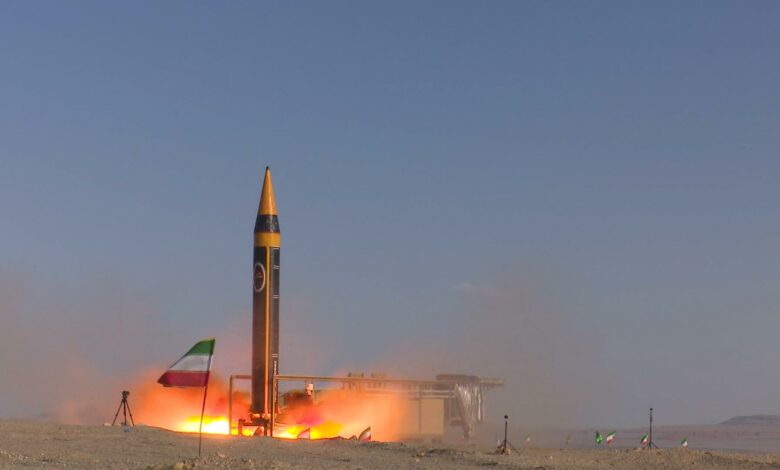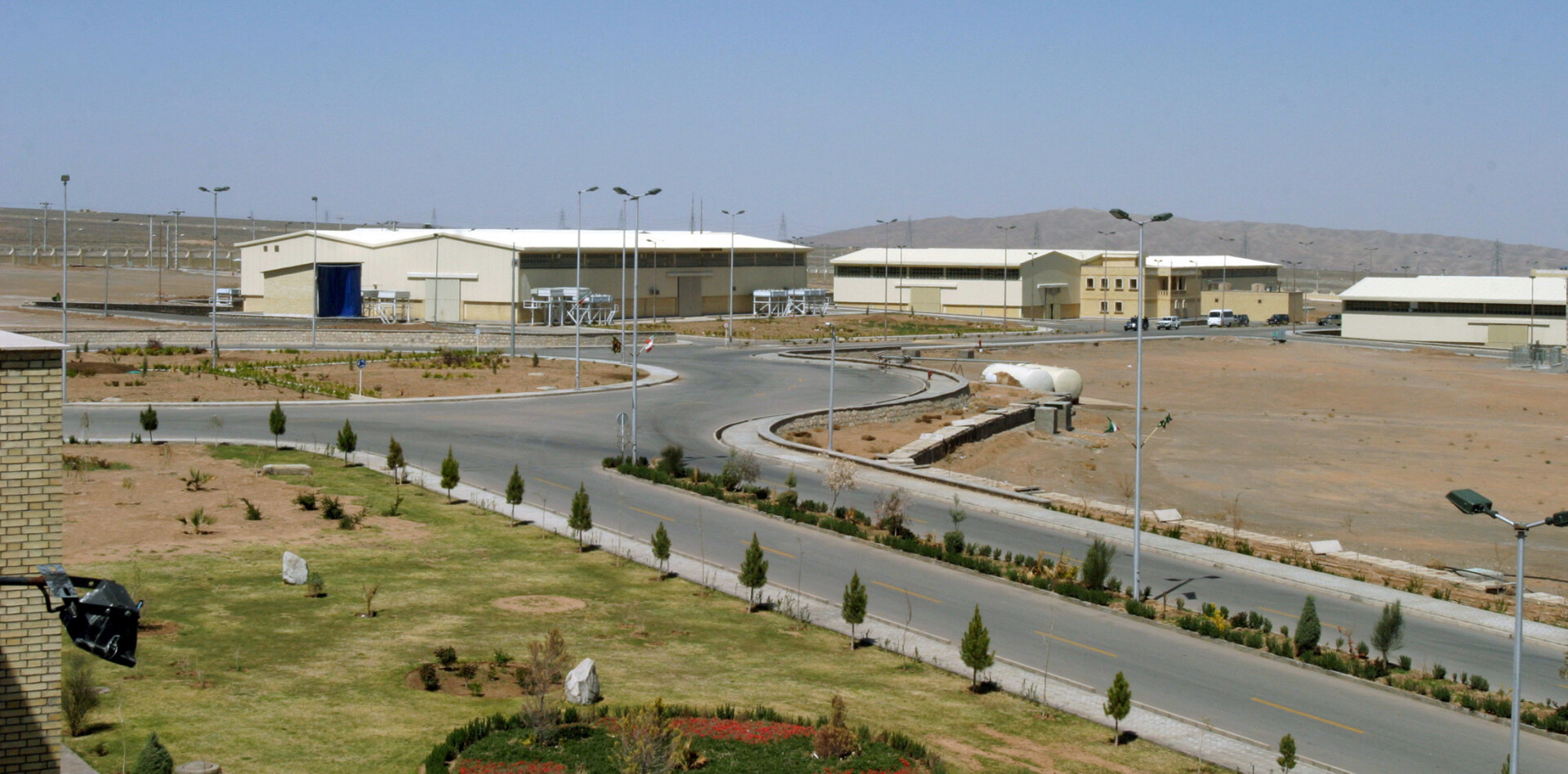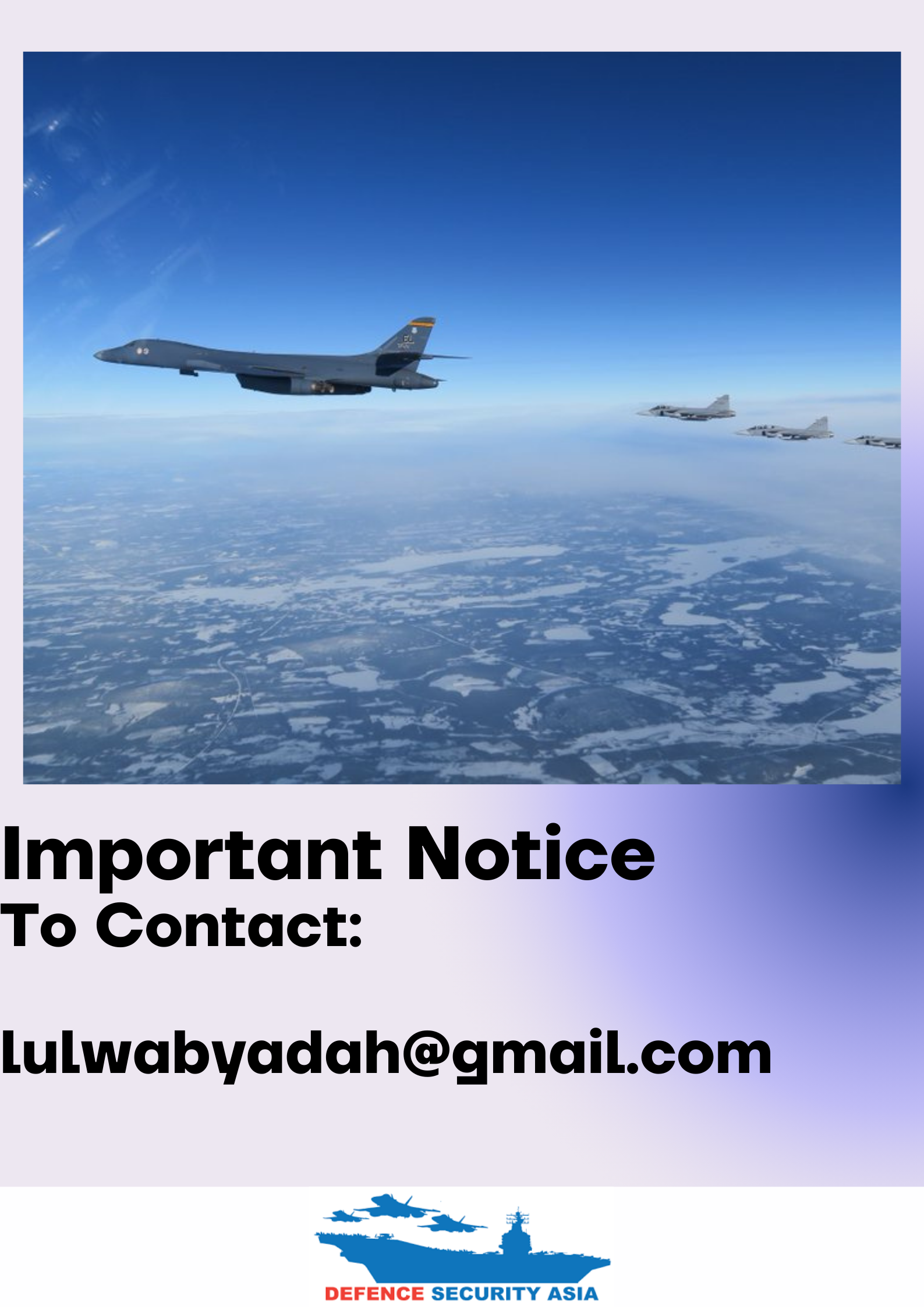Israel Launches “Limited” Strike Against Iran, Described as “Weak” Response by Own Minister
Israel's hawkish Interior Minister, Itamar Ben-Gvir, expressed his disappointment with the "very limited" scale of Israel's retaliatory strike against Iran, criticizing Tel Aviv's actions against Tehran last night as "weak" and "ridiculous."
(DEFENCE SECURITY ASIA) — Israel has reportedly launched a “limited” retaliatory strikes using small quadcopter drones against Iran hours ago, according to state media and senior US officials who claim explosions were heard in various parts of the country.
However, up to now, the Israeli government has not officially claimed responsibility for the counterattack, while Iranian officials stated that the attack involved small quadcopter drones, which were shot down by their air defense systems.
Iran’s air defense did not detect any breaches by foreign aircraft.
Senior Israeli officials informed their national media, the Jerusalem Post, that for strategic reasons, the government will not take responsibility for its limited strike on Iran tonight.
They also questioned why US officials disclosed the Israeli attack to the media.

Media reports in Iran state that air defense systems were activated in various parts of the country to counter the attack, leading authorities to issue a temporary civil aviation ban, which has since been lifted.
Civil flights from Imam Khomeini and Mehrabad airports have resumed.
The situation across Iran is currently reported to be stable, according to Iranian media.
The Iranian military claims that the small explosions heard in several parts of the country were due to the shooting down of quadcopter drones by activated air defense systems.
The national news agency of Iran reported that three small quadcopter drones were shot down near the city of Isfahan, which hosts several large military bases, including an airbase allegedly involved in launching ballistic missiles at Israel recently.
Western media reports suggest the attack may not have involved missiles but rather the use of small drones.

According to Iranian media, the small quadcopter drones were likely launched from within Iran by groups supported by the West and Israel, all of which were successfully shot down by Iranian defense systems.
The Iranian military has increased the presence of its air defense systems around Tehran and other major cities and military bases in anticipation of an Israeli counterattack.
To date, there have been no major explosions or attacks on Iran, and all military facilities in the Isfahan region, including its nuclear facilities, remain unaffected.
The International Atomic Energy Agency (IAEA) has confirmed that there is no damage to Iran’s nuclear plants.
Israel’s hawkish Interior Minister, Itamar Ben-Gvir, expressed disappointment with the scale of Israel’s retaliatory attack on Iran, describing Tel Aviv’s actions against Tehran as “weak” and “ridiculous.”
Iranian authorities have stated they will not retaliate against the “very limited” attack alleged to have been carried out by Israel tonight, suggesting the scale of the attack was too minor to warrant a response.

Days ago, Iran launched hundreds of ballistic missiles and kamikaze drones at several military positions within Israel in retaliation for an Israeli airstrike on its embassy building in Damascus, Syria, which killed three of its generals.
This marked the first time in history that Iran has directly attacked Israel, escalating the conflict in the Middle East involving several other regional countries and major powers.
The situation in the Middle East has become increasingly perilous following an Israeli airstrike on the Iranian embassy in Damascus on April 2nd, which resulted in the deaths of three senior Iranian military officials.
Among those killed was Brigadier General Mohammad Reza Zahedi, who led the Quds Force in Syria and Lebanon, a branch under the command of the Iran Revolutionary Guard Corps (IRGC).

He was the most senior Iranian military official killed in the Middle East conflict since the assassination of Major General Qasem Soleimani by the United States in Baghdad four years ago.
The second general confirmed killed was Brigadier General Mohammad Mehdi Rahimi, a close associate of Mohammad Reza and his deputy in the Quds Force in Syria and Lebanon.
Another general identified as killed in the Israeli airstrike was Brigadier General Hossein Aminollah, the Chief of Staff of the Quds Force in Syria and Lebanon. — DSA



Comments are closed.